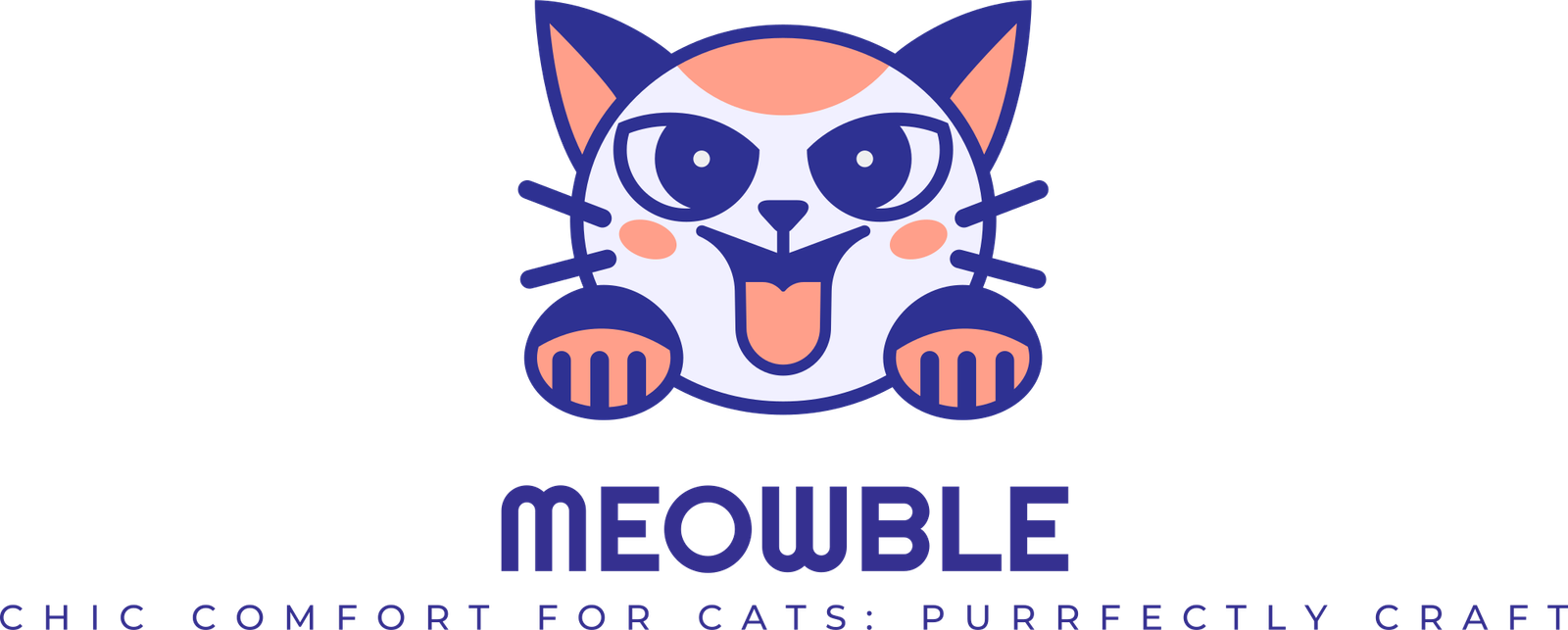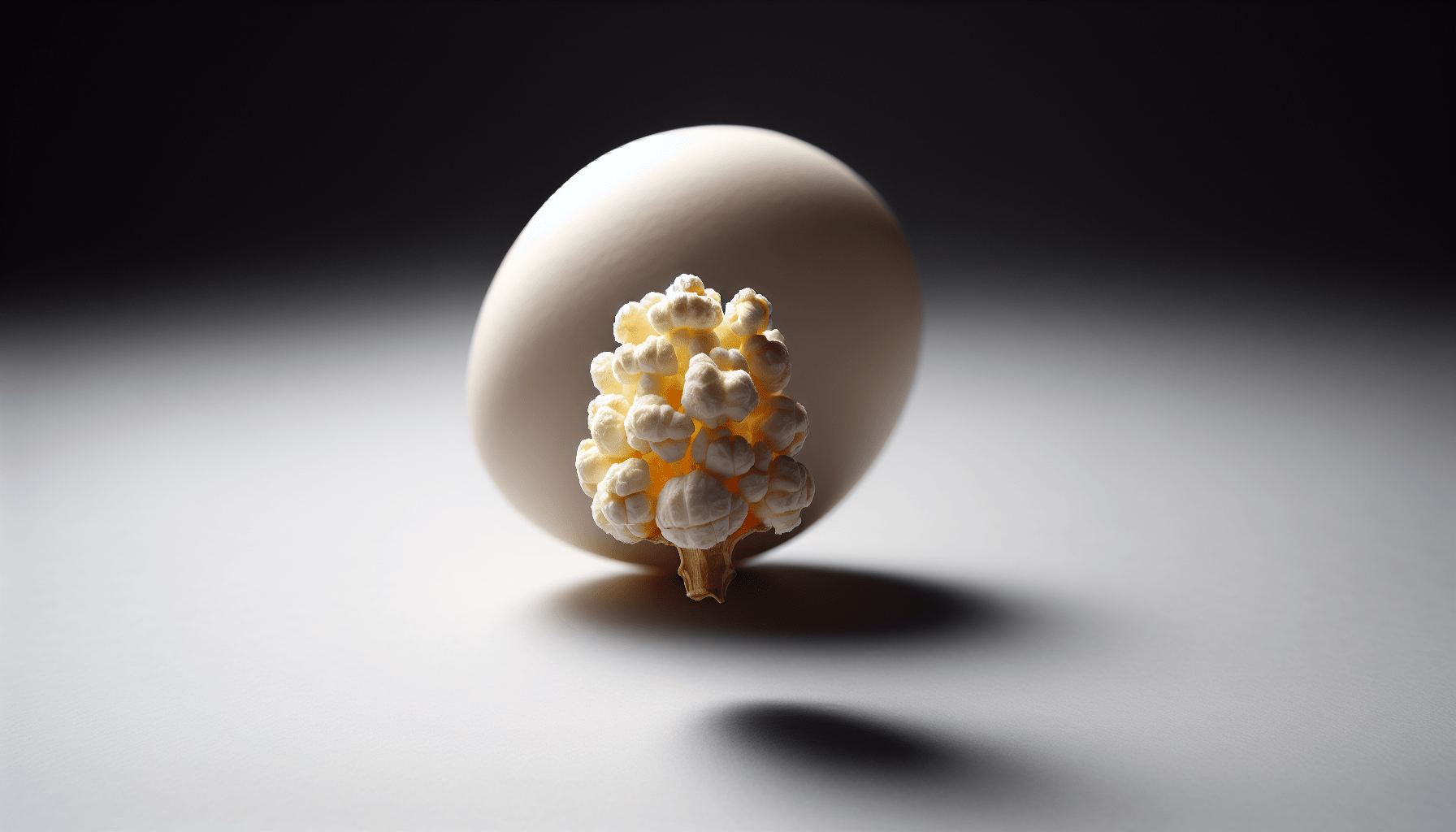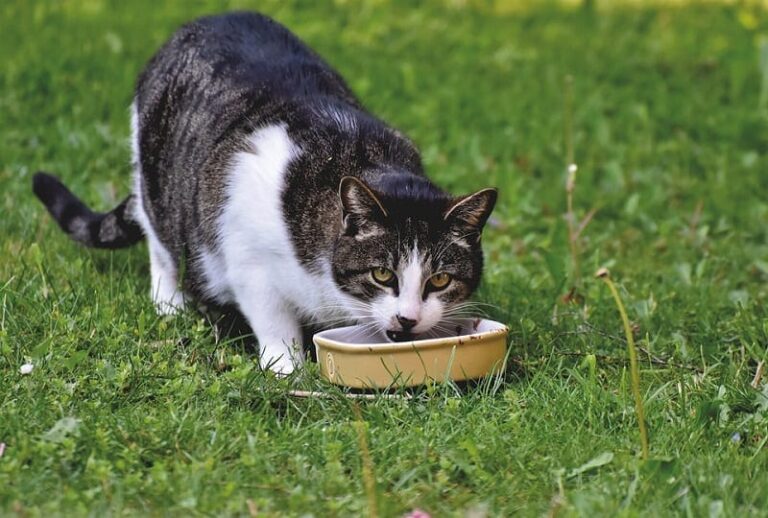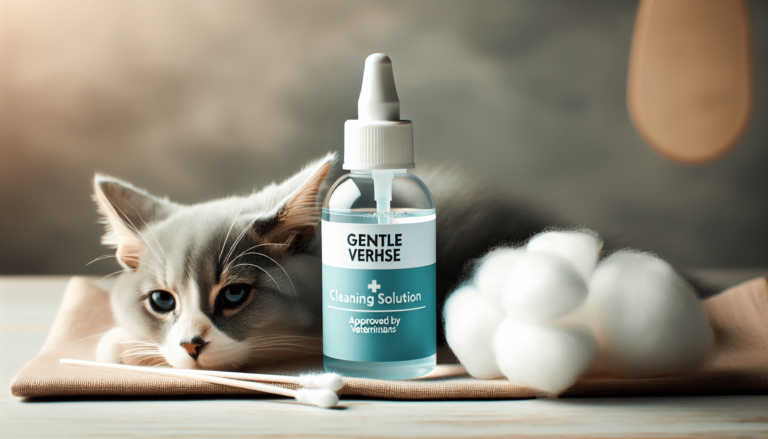Can Cats Eat Popcorn
Did you ever wonder if your furry feline friend can indulge in some movie night snacking with you? Well, the question of “Can Cats Eat Popcorn” has been a topic of curiosity for many cat owners. Popcorn is a popular and addictive snack, and it’s natural to wonder if cats can enjoy it too. In this article, we will explore the potential benefits and risks of feeding popcorn to cats and provide some guidelines to ensure your feline’s health and happiness. So, let’s find out if your cat can have a paw-sitive popcorn experience!
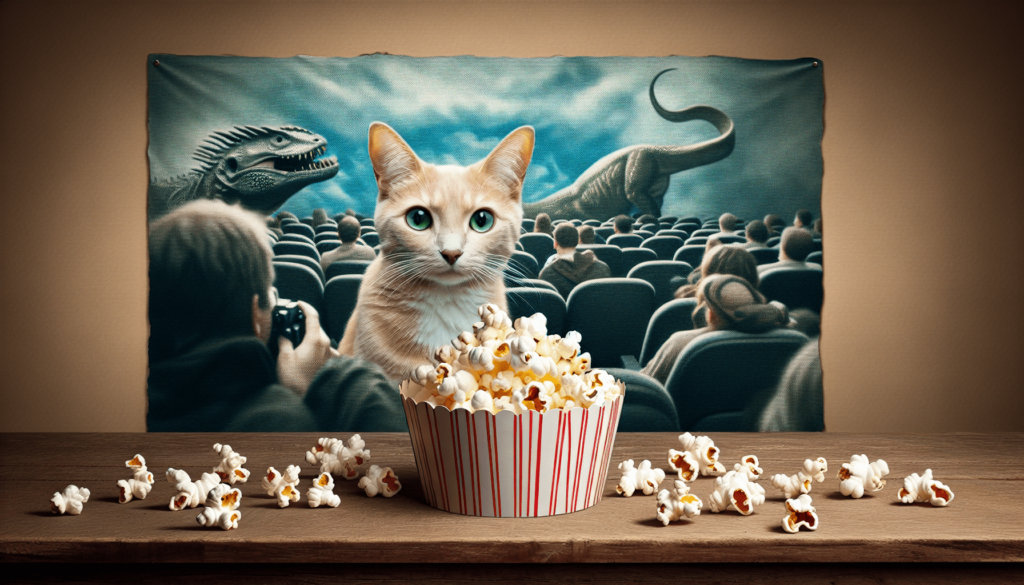
Understanding a Cat’s Natural Diet
Cats are fascinating creatures that have evolved over thousands of years. The domestic cat we know today traces its ancestry back to the African wildcat, which had a primarily carnivorous diet. Understanding the natural diet of cats is crucial for providing them with a healthy and balanced diet in our homes.
Evolution of the feline diet
Through the process of natural selection, cats developed as highly specialized hunters. Their teeth, jaws, and digestive system are all designed to eat meat. In the wild, cats primarily consume small mammals, birds, and reptiles. This diet provides them with the necessary nutrients, vitamins, and minerals to thrive.
Domesticating cats and common cat foods
As cats became domesticated, their diet shifted slightly to include vermin and scraps from human settlements. Over time, commercial cat foods were introduced to meet the nutritional needs of our feline companions. These cat foods are typically formulated to imitate a cat’s natural diet, providing a blend of animal-based proteins, fats, and carbohydrates.
Cats as obligate carnivores
Cats are considered obligate carnivores, which means they require a diet that consists mainly of animal-based protein. Unlike omnivores, cats lack the necessary enzymes to digest plant material efficiently. Their bodies are specifically adapted to utilize the nutrients found in animal tissues, such as taurine and arachidonic acid. Therefore, a meat-rich diet is essential for their overall well-being.
Popcorn as a Human Snack
Popcorn has become a favorite snack for many humans. Whether at the movies or during a cozy night in, we often find ourselves reaching for a bag of this delicious treat. But can our feline friends partake in our popcorn indulgence? Let’s explore the topic further.
Importance of popcorn in the human diet
Popcorn is a low-calorie snack that can be enjoyed as part of a balanced diet for humans. It is a good source of whole grains and is often a healthier alternative to other snacks, such as potato chips or candy. Popcorn is also gluten-free, making it suitable for individuals with gluten sensitivities or celiac disease.
Nutritional components of popcorn
Popcorn primarily consists of carbohydrates, specifically in the form of starch. It is also a good source of dietary fiber, which aids in digestion and can contribute to feelings of fullness. Popcorn is low in fat and calories, making it a guilt-free choice for those who are watching their weight.
Various types and flavors of popcorn
Popcorn comes in a variety of flavors, ranging from classic butter to sweet and savory options like caramel or cheese. Some brands even offer gourmet popcorn with unique seasonings and spices. With so many flavors to choose from, it’s no wonder popcorn has become a staple snack for moviegoers and snack enthusiasts alike.
Potential health risks and benefits of popcorn
While popcorn has its benefits, it’s crucial to be aware of its potential health risks. Popcorn can pose a choking hazard, especially for young children or individuals with swallowing difficulties. Additionally, certain toppings and additives, such as butter, salt, or artificial flavorings, may have adverse effects on health if consumed in excess. Moderation is key when enjoying popcorn as a snack.
Can Cats Eat Popcorn: The Straight Answer
Now that we have a better understanding of the natural diet of cats and the nutritional components of popcorn, let’s address the question at hand: can cats eat popcorn?
Reasons why a little popcorn might not harm cats
In small amounts, plain, air-popped popcorn is not likely to cause any harm to a healthy cat. The starchy nature of popcorn means that it can provide a small amount of energy to your feline friend. Furthermore, some cat owners report that their cats enjoy playing with popcorn kernels as a form of entertainment.
Why popcorn isn’t a regular part of a cat’s diet
While popcorn may not be toxic to cats in small quantities, it is not an appropriate substitute for their regular diet. Cats have specific dietary requirements that can only be met by consuming a balanced and nutritionally complete cat food. Feeding cats a diet high in popcorn or other human foods can lead to nutritional deficiencies and health issues over time.
The Nutritional Value of Popcorn for Cats
To better understand the potential benefits and drawbacks of cats consuming popcorn, let’s examine its nutritional value and compare it to a cat’s dietary needs.
Potential nutritional benefits
While cats may derive some energy from the carbohydrates present in popcorn, it is not a significant source of essential nutrients for them. Popcorn lacks crucial amino acids, such as taurine, that are necessary for a cat’s overall health. Therefore, popcorn should never be relied upon as a staple food for cats.
Comparing popcorn nutrients to a cat’s dietary needs
Considering the specific nutritional requirements of cats, popcorn falls short in various areas. Cats need a diet rich in high-quality animal-based proteins, fats, and a range of essential vitamins and minerals. These components can only be adequately provided by a nutritionally balanced cat food that has been formulated to meet their specific needs.
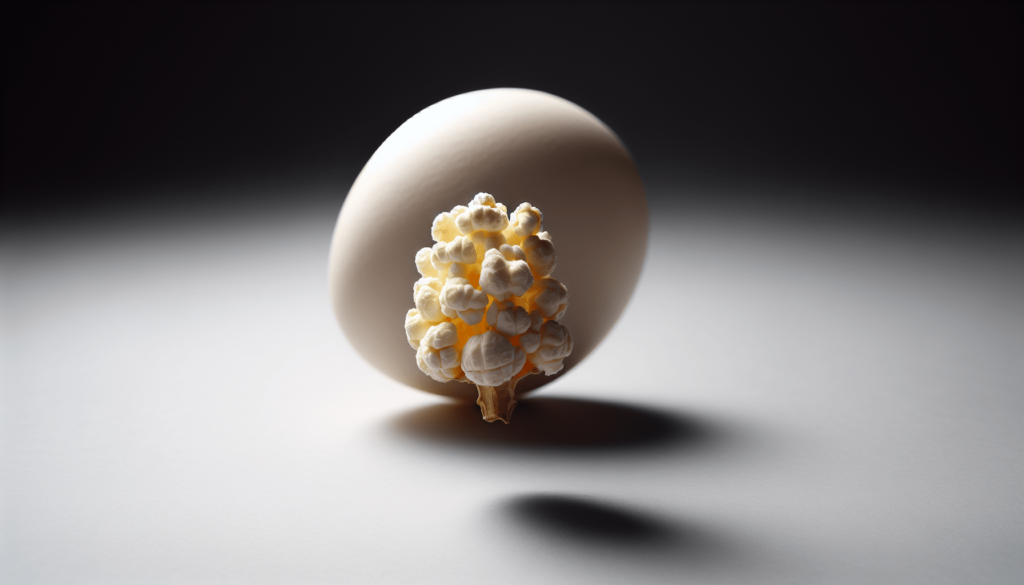
The Dangers of Flavored and Buttered Popcorn
When it comes to feeding popcorn to your cat, it’s important to consider any flavorings, additives, or toppings that may be present. Let’s explore the potential dangers associated with flavored and buttered popcorn.
Risks associated with added sugars
Flavored popcorn, particularly those with sugary coatings or caramel, can introduce excessive amounts of sugar into your cat’s diet. Cats have a low tolerance for sugar, and too much can lead to weight gain, dental problems, and even diabetes. It’s best to avoid feeding your cat flavored popcorn altogether.
Harmful effects of salt and butter
Buttered popcorn is a popular choice among humans, but it can be detrimental to a cat’s health. The high sodium content in salted popcorn can lead to dehydration and kidney problems in cats. Additionally, the added butter can be too rich for their digestive system, potentially causing diarrhea and discomfort.
Artificial flavorings and their potential dangers
Many commercially available popcorn flavors contain artificial additives, such as flavor enhancers, preservatives, or colorings. These additives can be harmful to cats, as their bodies are not designed to process and metabolize these substances efficiently. It’s best to stick to plain, unsalted, and unbuttered popcorn if you choose to share a small amount with your cat.
Unpopped Kernels and the Risk of Choking
One of the significant risks associated with popcorn consumption, both for humans and pets, is the potential for choking. Let’s explore why unpopped kernels can be hazardous and the incidents of cats choking on popcorn.
How small, tough kernels can be a hazard
The unpopped kernels at the bottom of a bag of popcorn are incredibly hard and can pose a significant choking hazard for cats. Cats may accidentally swallow these kernels whole, and their small size makes them difficult to pass through the digestive tract. Ingesting a kernel can potentially lead to an obstruction, causing your cat to choke or require surgical intervention.
Incidents of cats choking on popcorn
While there are no specific statistics on the number of cats choking on popcorn, it is essential to be cautious. Many veterinarians have encountered cases where cats have required medical attention or even surgery due to foreign objects, such as popcorn kernels, becoming lodged in their gastrointestinal tract. It’s better to err on the side of caution and avoid feeding popcorn to your cat altogether.
Digestive Issues Caused by Popcorn
Another consideration when it comes to feeding popcorn to your cat is the potential for digestive issues. Let’s explore the possible short-term gastrointestinal issues and long-term risks associated with a high-fiber diet.
Possible short-term gastrointestinal issues
Cats have sensitive digestive systems, and introducing a new food, such as popcorn, can lead to digestive upset. If your cat consumes popcorn, they may experience symptoms such as vomiting, diarrhea, or an upset stomach. These symptoms should resolve on their own within a few days, but it’s crucial to monitor your cat closely and consult a veterinarian if the symptoms persist or worsen.
Long-term risks associated with a high-fiber diet
While dietary fiber is beneficial for humans, cats have a relatively low requirement for fiber. Feeding cats a diet high in fiber can lead to issues such as obesity, poor nutrient absorption, and altered gut motility. Popcorn, being primarily a source of carbohydrates and fiber, should not be a regular part of a cat’s diet to prevent these potential long-term health risks.
Signs That Your Cat Ate Too Much Popcorn
It’s essential to pay attention to any changes or symptoms your cat may exhibit after consuming popcorn. Let’s explore some behavioral changes and physical symptoms that could indicate potential health issues.
Behavioral changes to look out for
If your cat ate too much popcorn or had an adverse reaction to it, you may notice changes in their behavior. They may become restless, exhibit signs of discomfort, or even refuse to eat their regular food. Behavioral changes can be indicative of digestive upset or other underlying health issues, and it’s crucial to monitor your cat closely.
Physical symptoms that could indicate health issues
Physical symptoms your cat may exhibit after consuming too much popcorn include vomiting, diarrhea, excessive gas, or abdominal pain. These symptoms can vary in severity, and it’s essential to contact your veterinarian if you observe any of these signs. Prompt veterinary care can help identify and address any potential health issues before they worsen.
What to Do If Your Cat Ate Popcorn
If you discover that your cat has consumed popcorn, it’s important to take appropriate action to ensure their well-being. Let’s explore the immediate actions to take and when to contact the veterinarian.
Immediate actions to take
If you catch your cat eating popcorn, try to remove the popcorn or any potential choking hazards from their immediate environment. Monitor your cat closely for any signs of distress or discomfort. Provide clean, fresh water for your cat to ensure they stay hydrated. If your cat exhibits any concerning symptoms, contact your veterinarian for further guidance.
When to contact the veterinarian
If your cat develops persistent vomiting, diarrhea, or shows signs of choking or distress after consuming popcorn, it’s essential to consult your veterinarian. They will be able to assess your cat’s condition and provide appropriate treatment if necessary. Remember, it’s always better to seek professional advice when in doubt about your cat’s health.
Better Alternatives to Popcorn for Cats
While it’s best to avoid feeding your cat popcorn altogether, there are plenty of other safe and suitable snacks available for your feline friend. Let’s explore some alternatives that cats can safely enjoy.
Snacks that are safe for cats
Cats have their unique preferences, but some safe snacks that most cats enjoy include cooked, skinless chicken or turkey, small pieces of cooked fish, or even freeze-dried meat treats specifically formulated for cats. These options provide the necessary animal-based protein that cats require for a healthy diet.
Commercially available cat treats
If you’re looking for convenient options, there are plenty of commercially available cat treats on the market. These treats are specifically formulated to meet a cat’s nutritional needs and are available in various flavors and textures to cater to different preferences. Be sure to read the labels and choose treats made with high-quality ingredients.
Tips for transitioning away from feeding cats human food
Transitioning your cat away from human food can be challenging, especially if they’ve become accustomed to the taste of popcorn or other human snacks. Gradually introducing them to a commercially prepared cat food and offering a variety of nutritious treats can help redirect their preferences. Patience and consistency are key during this transition process.
In conclusion, while cats can technically eat small amounts of plain, unsalted, and unbuttered popcorn without it being toxic, it is not a suitable or nutritionally balanced food for them. The natural diet of cats consists primarily of animal-based protein, and their bodies have specific nutritional requirements that can only be met through a well-formulated cat food. Feeding cats a diet high in popcorn can lead to various health issues, including obesity, nutritional deficiencies, and even digestive problems. Ultimately, it’s best to prioritize your cat’s health and provide them with appropriate, species-specific nutrition to ensure their well-being in the long run.
